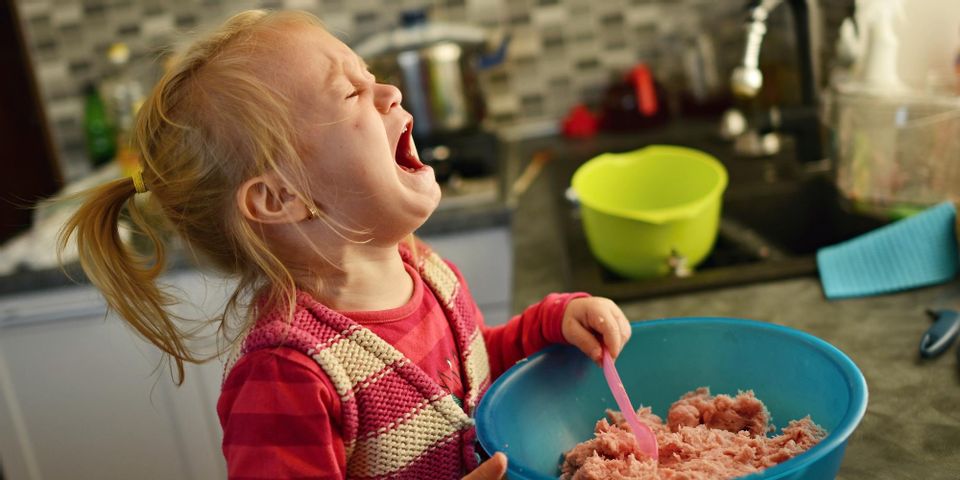A Guide to Aggressive Behavior in Children

Most children exhibit some aggressive behaviors, but when these behaviors lead to disciplinary issues or cause harm to themselves or others, they could affect children in deeper ways than are not always obvious. If left unchecked, aggressive behavior in kids can lead to other problems in adulthood. If you notice a pattern of aggression, use the following guide, and consider visiting a counselor to get the bottom of the issue.
What Is Aggressive Behavior?
Aggression is not uncommon in younger kids and babies who lack the verbal skills to communicate complex emotions, like frustration. In many kids, aggression eventually subsides as they acquire language skills and can effectively communicate their wants and needs to others.
When aggression continues past the age of about seven, parents should take a closer look. Kids with aggression issues can be frequently disciplined at school. They may also have difficulty forging healthy relationships with peers. Parents may even recognize behavioral problems at home, such as hitting and kicking siblings or yelling at adults.
What Causes This Behavior?
 Acting out at school or home is usually spurred on by some underlying cause. Exposure to aggression and violence at home can sometimes cause children to think that these behaviors are acceptable, especially when they’re witnessed in a child’s formative years.
Acting out at school or home is usually spurred on by some underlying cause. Exposure to aggression and violence at home can sometimes cause children to think that these behaviors are acceptable, especially when they’re witnessed in a child’s formative years.
Tantrums, school disturbances, and acting out could also signal an undiagnosed anxiety disorder or depression, or perhaps might be a trigger for a past traumatic experience. For example, when children with anxiety experience pressure, which is common in an academic setting, they may react unfavorably or event aggressively. Because these actions are so different from typical symptoms of anxiety, such as avoidance and a generally timid demeanor, they’re not as easily identified.
How Can Parents & Children Get Help?
The good news is that aggressive behaviors in childhood can be overcome with the right assistance. If you suspect a mental health disorder, a counselor can help your child find constructive ways of expressing themselves. They may also suggest interventions and treatment options for conditions like generalized anxiety or dysphoria, which may prevent further misbehavior.
There are also steps parents can take. Children who throw tantrums quickly learn that their actions bring certain rewards, so refrain from giving them treats to get them to call down. Also, keep your cool when your child loses theirs. Becoming angry or expressing strong emotions will only increase the tension. When your child behaves favorably, offer ample praise and encouragement.
If you’re looking for a compassionate family counselor to help your family work through these issues or others, contact Colleen Torrence, MEd, LPC. This skilled counselor provides mental health services to families in Juneau, AK, including group and individual counseling. She has experience with issues like depression and anxiety and also helps kids cope with autism, personality disorders, and the emotional after-effects of traumatic brain injury. Call (907) 789-9212 today to schedule an appointment and visit the website to see the full listing of services.
About the Business
Have a question? Ask the experts!
Send your question

